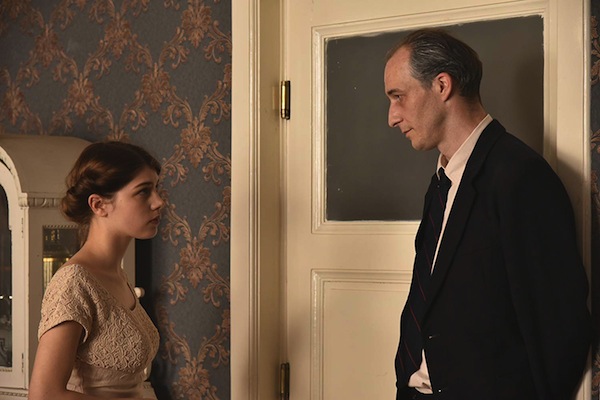On Remembrance Day, we reflect on the sacrifices made by Canadians who fought to defend freedom. Many of us recall the solemnity of our childhoods standing in a school auditorium, first beginning to understand the meaning behind the poem “In Flanders Fields” and the moment of silence.
Similar ceremonies occur worldwide, including in places where the loss of life in wars has been far greater and more recent than our nation’s experience.
At the same time, it is impossible not to reflect on how some of the messages of tolerance, coexistence and peace seem to have been lost on leaders of various countries – as well as those who vote for them.
Across Europe, the Americas and some other places, extremism is growing. Far-right governments in Italy, Poland and Hungary advance xenophobic and scapegoating policies. While not yet reaching the highest echelons of power, far-right groups in Germany and France are growing in popularity. The defeat of Jair Bolsonaro, Brazil’s extreme-right and volatile president, is a bright spot, though the leftist Luiz Inácio Lula da Silva, who beat him only by a hair, demonstrated in his previous term as president that he is also no archetype of impeccable governance.
Enormously alarming were this week’s midterm elections in the United States. More than half of the Republican candidates for Congress and state offices, including crucial officials who oversee election processes, are “election deniers” who claim that the 2020 presidential race was not rightfully won by Joe Biden. The refusal of the former president to acknowledge defeat and accede to the peaceful transition of power, hand-in-hand with the insurrection at the Capitol on Jan. 6, 2021, represent the greatest threat to American democracy since that country’s Civil War. The last two years have shown how fragile this form of governance is and how dependent it is on the goodwill of its participants to abide by the rules and accept the will of the people. The fact that about half of American voters don’t seem the least bit bothered by this reality is the scariest part.
Then, and by no means least, are the results of Israel’s most recent national elections. The good news is that, after five elections in three years, the country will apparently have a stable coalition government. The bad news is that it will include individuals whose political and moral values should be scorned by people who support democracy, pluralism and respect. Itamar Ben-Gvir, leader of the third-largest bloc, was forbidden from serving in the Israel Defence Forces because military leaders deemed him too extreme. Until he decided to get serious about politics, Ben-Gvir had a framed photo in his home of Baruch Goldstein, the extremist who murdered 29 Palestinians in Hebron’s Cave of the Patriarchs in 1994. His policies include annexing the West Bank and forcibly expelling (at least some of) its residents, an idea that is, put mildly, against international law, and would almost certainly lead to a serious regional conflagration.
Israelis must deal with the situation they have created. Diaspora Jews and other supporters of Israel have a tough row to hoe as well.
Jewish organizations worldwide have issued unprecedented statements of concern and condemnation about internal Israeli affairs. There has always been tension, ranging from a low simmer to a full boil, between Israel and the Diaspora over a vast range of issues. Israelis, we must state, are the ones who put their lives, and those of their children, on the line to defend the Jewish state and they alone have the right to determine its direction. This does not mean, however, that the opinions and concerns of overseas family and allies do not matter.
Israel has always lacked dependable overseas allies. In far too many instances, this has been an unfair situation driven by geopolitical issues and, to an extent, bigotry and antisemitism. But Israel is not entirely blameless in its isolation. Decades ago, Golda Meir said, “I prefer to stay alive and be criticized than be sympathized.” Sometimes, Israel needs to make unpopular choices in the interest of its security.
There are moments when Israel’s hand has been forced, when its leaders have made choices that are unpopular among outside observers but deemed necessary for national security. This is not one of those moments. Israeli voters have chosen some extremely unsavoury people to represent them. They have sown the wind. It is the responsibility of decent people in Israel and abroad – including Jewish institutions – to advocate for tolerance and human rights in order to moderate the inevitable storm.

